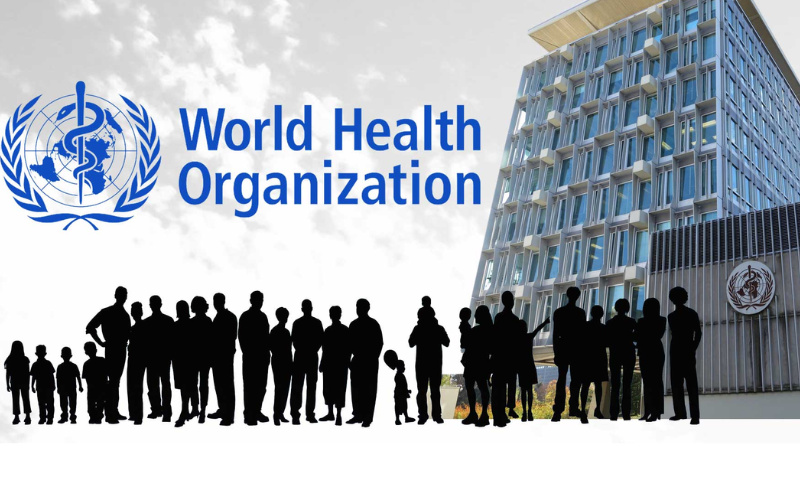WASHINGTON, 26 August 2024 (TDI): The World Health Organization (WHO) has reported that more than half of the global population—4.5 billion people—lack access to comprehensive healthcare.
This issue is compounded by the fact that 1.3 billion individuals are pushed into poverty or extreme poverty due to the high costs of healthcare.
Despite the urgent need for universal healthcare, progress has been slow, with few advancements made towards ensuring that all 8 billion people worldwide can access essential health services.
World Bank to Extend Affordable Healthcare to 1.5 Billion
In response to this critical issue, the World Bank has established a goal to provide affordable healthcare to 1.5 billion people by 2030. World Bank President Ajay Banga announced this target in a statement released on Sunday through Gavi, the Vaccine Alliance. Founded in 2000, Gavi focuses on enhancing access to vaccines in the world’s poorest countries.
Banga underscored the importance of universal healthcare coverage for development, stating, “Providing a basic standard of care for people throughout their lives is crucial for development. Achieving this ambition requires collaboration between public and private sector partners to expand healthcare access.”
Innovative Solutions to Healthcare Worker Shortages
The WHO forecasts a shortage of 10 million healthcare workers by 2030, particularly in low- and middle-income countries.
However, research by the World Economic Forum points to generative artificial intelligence (AI) as a potential solution. AI could help address workforce shortages by automating routine tasks, enhancing patient engagement, and improving data analysis.
AI’s capabilities include automating tasks such as transcribing doctor-patient interactions and drafting communications. It can also improve patient engagement through AI-driven chatbots and triage services, streamlining healthcare processes and enhancing patient care.
Addressing the Gender Gap in Healthcare
A recent report titled “Closing Women’s Health Gap: A $1 Trillion Opportunity to Improve Lives and Economies” highlights that equitable healthcare for women could greatly benefit over 3.9 billion people. Women spend more years in ill health compared to men, despite living longer.
The report points out a significant lack of research and funding for women’s health issues, including pregnancy, childbirth, and female reproductive health, which receive less than 2% of medical research funding. The report was released alongside the launch of the Global Alliance for Women’s Health at Davos 2024, an initiative dedicated to advancing and prioritizing women’s health.















